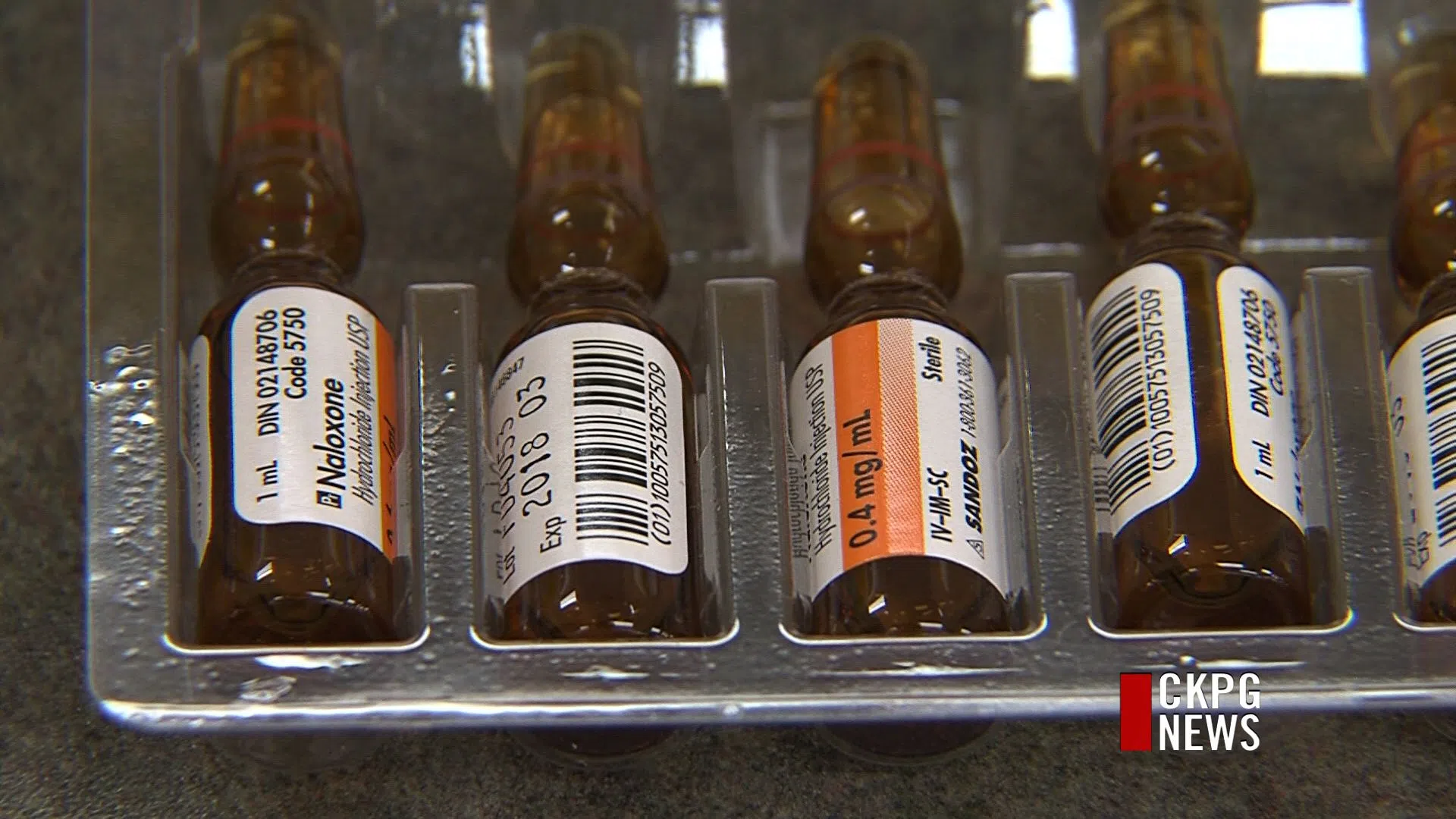
TYH: Countering Overdoses With Naloxone
A small first aid kit is hoped to make big changes when it comes to saving lives. On today’s To Your Health, Catherine Hansen has more on the Northern Health initiative to distribute kits that counter opioid overdoses.
(Catherine Hansen:) At first glance, it looks like a regular first aid kit. But a closer look shows this kit contains naloxone.
(Reanne Sanford – Northern Health:) “So naloxone is an antidote to opioid. So, basically it’s a really safe medication that we use to counteract the effects of an opioid overdose.”
